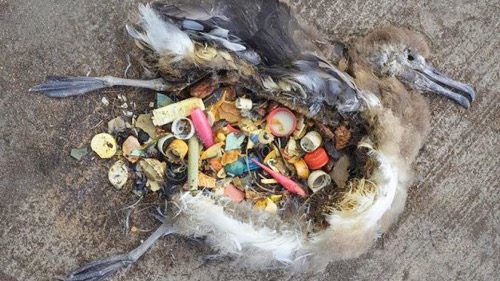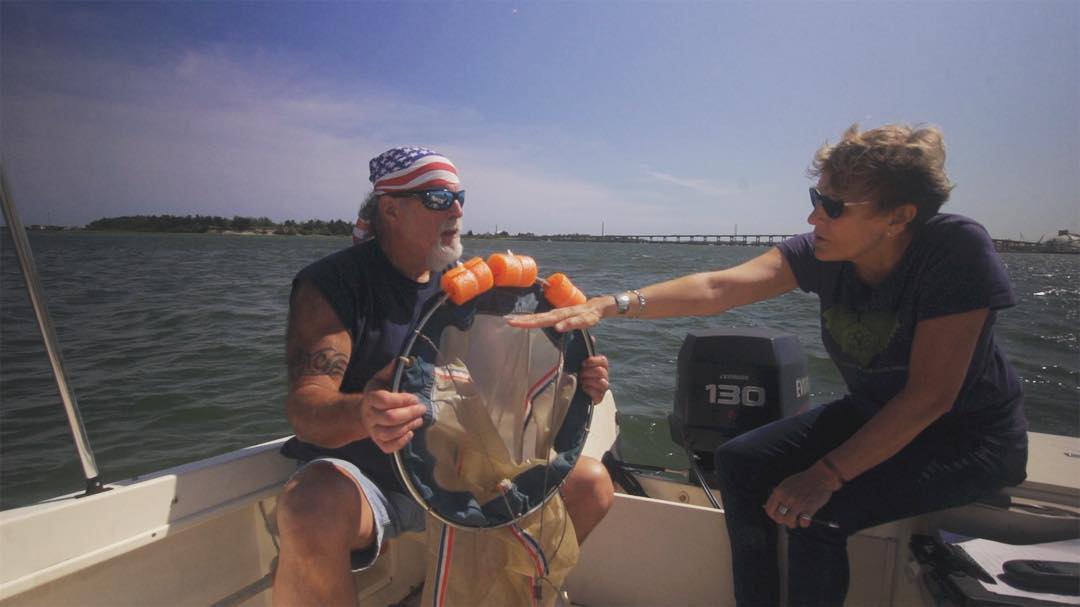
It is estimated that by the year 2050 there will be as much plastic mass in the world’s oceans as there will be fish mass. This a horrifying scenario. Right here, in the sounds, rivers, and on the beaches, plastic waste products can be seen everywhere. This waste can take thousands of years to break down in the environment, and never completely disappears. These resulting microplastics “tiny, almost invisible-sized particles of plastic” are then ingested by small marine animals, eventually traveling up the food chain to human consumers. Microplastics have even been shown to accumulate other toxins from the environment, including DDT. Meanwhile, large marine animals are ingesting plastic objects, including straws, plastic utensils, plastic bags, etc. threatening their lives.
Coastal economies are dependent on plastic-free environments, whether it’s for commercial fishing, eco-tourism, recreation, and more.
Help us protect marine life and coastal livelihoods by reducing, single-use plastics that are so pervasive in our culture. Together we must be sure to discard straws and plastic bags correctly. Use recyclable and reusable products. Pay attention to the amount of plastic you use every day, and PLEASE, when you discard plastic, make sure it does not end up in the waters.

Crystal Coast Waterkeeper is partnering with Plastic Ocean Project to conduct microplastic sampling in our watershed. By analyzing the extent of microplastics in our waters, we can use that data to help researchers develop more microplastic capturing technology, track trends over time, and advocate for plastic alternatives in our communities.
Check out the Ocean Friendly Establishment program!
North Carolina’s first Marine Debris Action Plan has been published as a result of efforts from efforts of several non-profits, researchers, businesses, and municipalities. Coastal Carolina Riverwatch is honored to have collaborated on this plan and we are ready to get to work.
Here’s what you can do…
- Reduce single-use plastics when you are out. Skip the straw, bring your own bags, get a reusable water bottle/coffee mug, opt for products with less packaging.
- Clothing is a huge source of microplastic pollution. Opt for natural materials like cotton over synthetic like acrylic or polyester.
- Cut out products with microbeads like facewash and toothpaste.
- Consider making some of your own cleaning supplies and hygiene products.
- Talk to your favorite businesses and restaurants about becoming Ocean Friendly Establishments.
- Get involved with initiatives to ban bags and styrofoam in your communities.
Resources
Microplastics in Seafood and the Implications for Human Health
